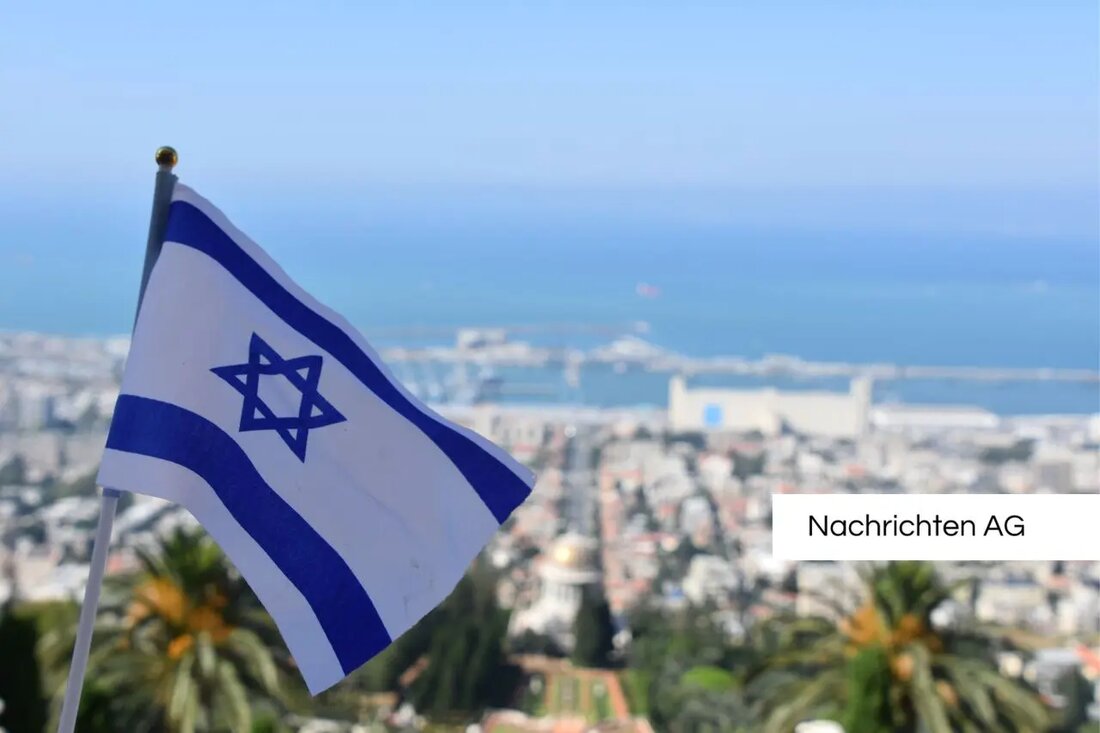Fate lesson in the Middle East: Will the ceasefire hold?

Fate lesson in the Middle East: Will the ceasefire hold?
The current developments in the Middle East conflict show a concern of worry: the ceasefire between Israel and Hamas is becoming increasingly fragile. On March 7, 2025, US President Donald Trump gave Hamas an ultimate “last warning” to released all hostages immediately. In a tense environment, a Hamas spokesman, Abu Obeida, threatened to lead to the killing of hostages against the Palestinian people. Currently 24 living hostages and 35 corpses are held in the Gaza Strip, under the living hostages there is a young soldier with Israeli and German citizenship.
In view of this tense situation, the US specialist Steve Witkoff hopes for negotiations to solve the conflict. It indicates possible joint measures by the United States and Israel against Hamas if the hostages should not be released. Talks between the USA and Hamas in Qatar discuss options such as a two -month extension of the ceasefire and humanitarian aid in exchange for hostages. In the meantime, Israel imposed the stop of all aid deliveries to Gaza after the first phase of the ceasefire.reaction of the Israeli government
The Israeli government demands an extension of the ceasefire from Hamas and threatens with war if there should be no hostage freedom. However, Hamas has rejected an extension and would like to pass to the next phase that provides for the end of the war and the withdrawal of Israeli troops. In this context, the German ambassador Steffen Seibert criticized the auxiliary delivery stop of Israel and warned of the equation of the population of Gaza with Hamas.
in parallel to these developments, Egypt has developed a plan to largely disempower the radical Islamic Hamas in the Gaza Strip. The plan, which is to be presented at the Arab League summit, stipulates an administration that is controlled by a coalition of Arab, Muslim and Western countries. This happens in view of Trump's plan, which provides for a forced relocation of the Palestinian population to neighboring countries.
international commitment and humanitarian crisis
The Arab league is open to the Egyptian plan, which excludes an important role of Hamas in the Gaza Strip. It is expected that international financial aid for the reconstruction will fail as long as Hamas checks the local government. The plan also provides for the establishment of an international stabilization force, which is mainly made of Arab states and ensure security and could build a new local police.
The conflict not only affected the Gaza Strip, but also adjacent regions such as Lebanon. In September 2024, hostilities between Israel and Hisbollah escalated, which led to death and displacement of hundreds of thousands of people from South Libanon and other areas. This violence has already demanded tens of thousands of human life and the humanitarian need in the Gaza Strip has worsened.
An investigation by Amnesty International concludes that Israel commits a genocide at the Palestinian in the Gaza Strip. Israel's actions fall under the Convention on the Board of the Murder because they are carried out with the intent to destroy the Palestinians as a group. This complex situation remains highly alarming for both the people concerned and for the international community.
| Details | |
|---|---|
| Quellen | |
